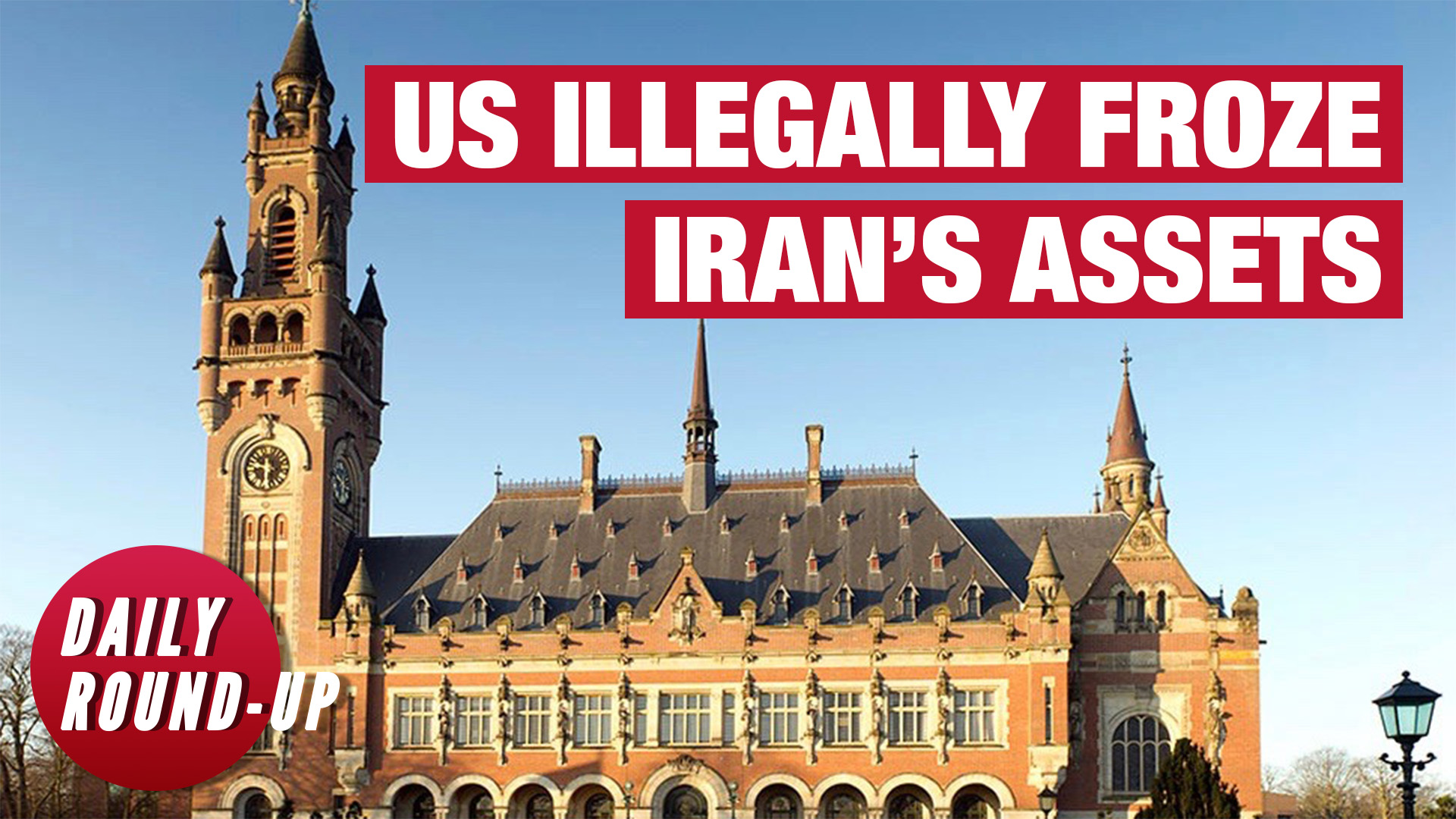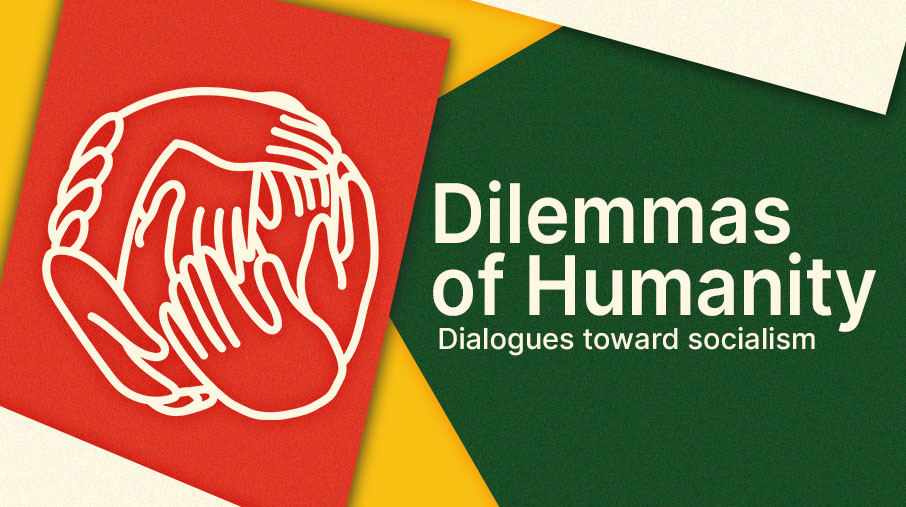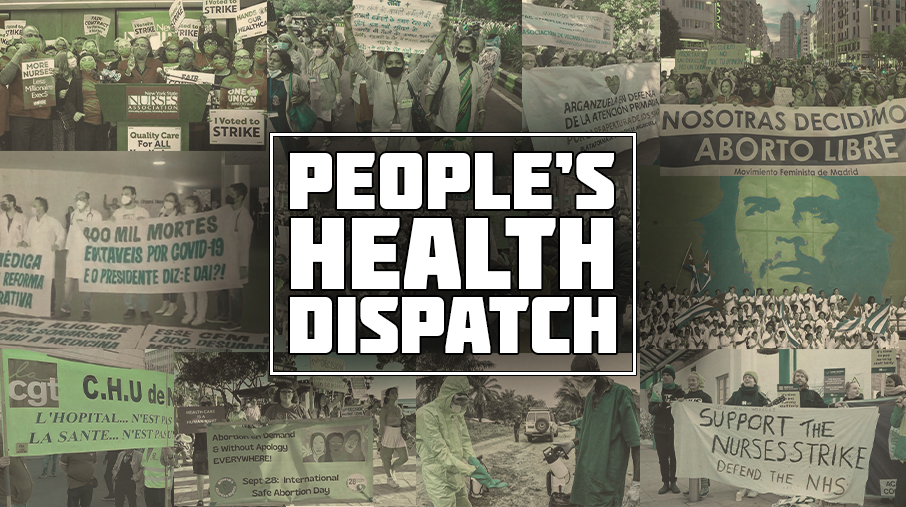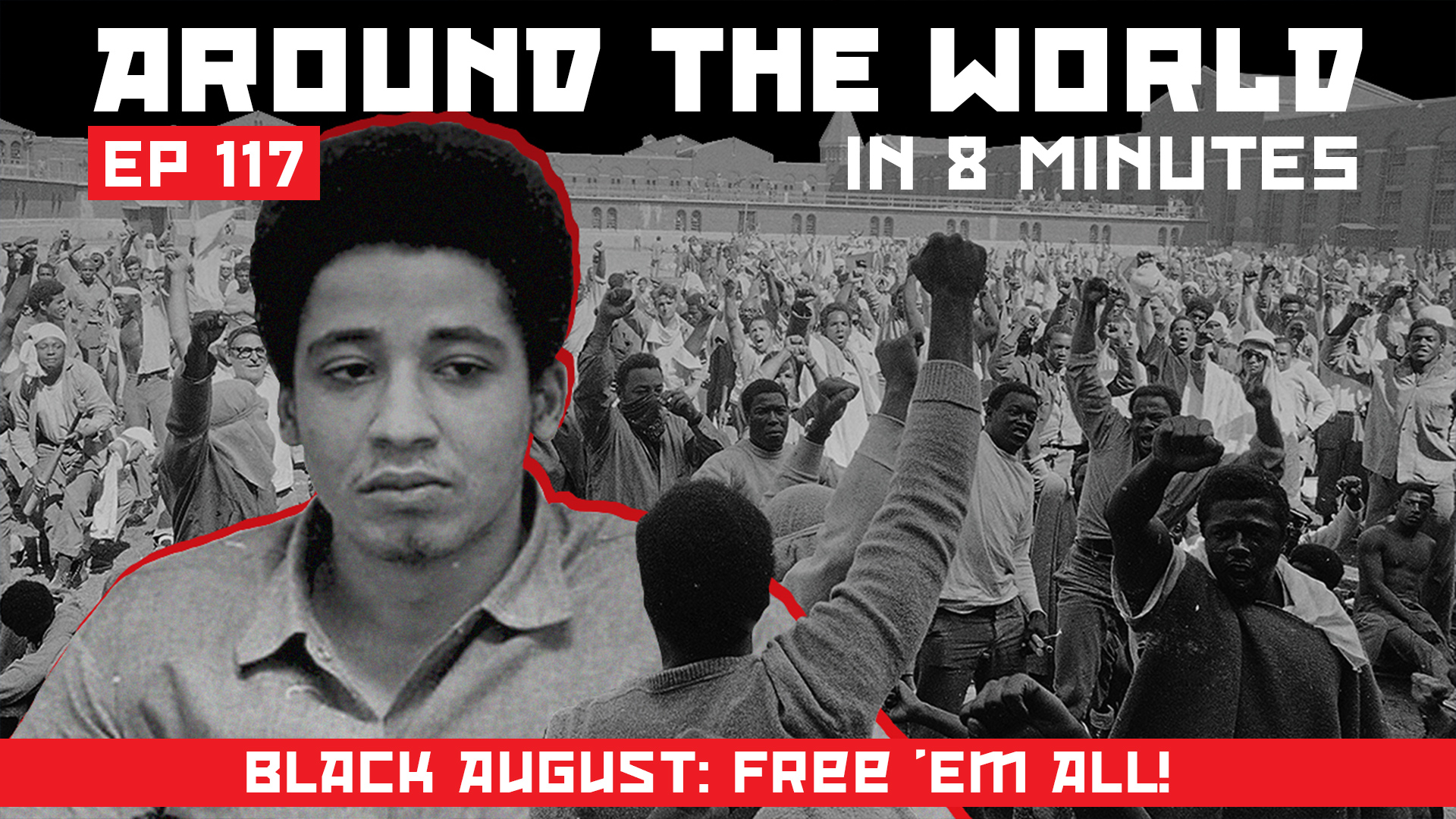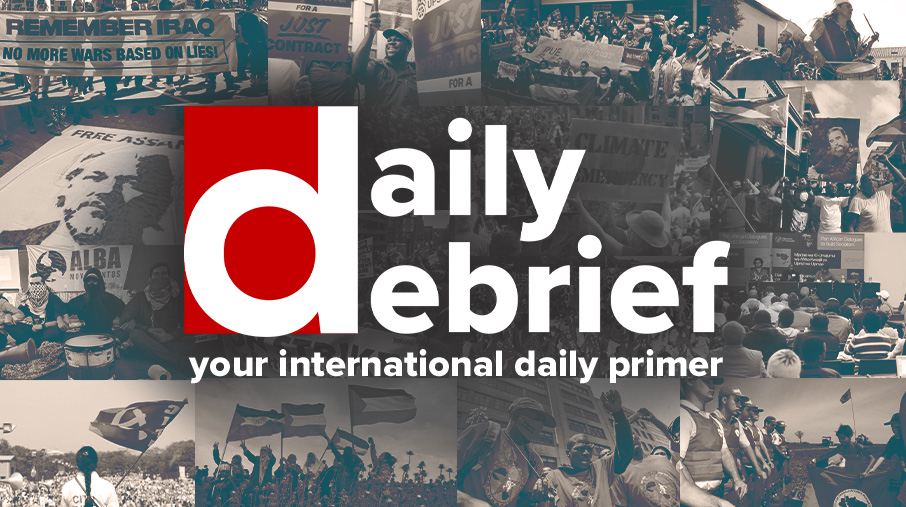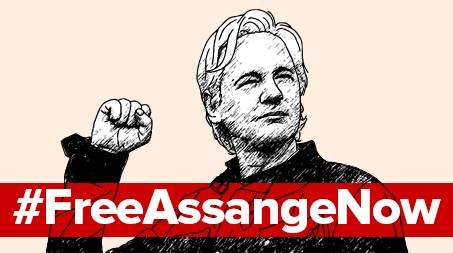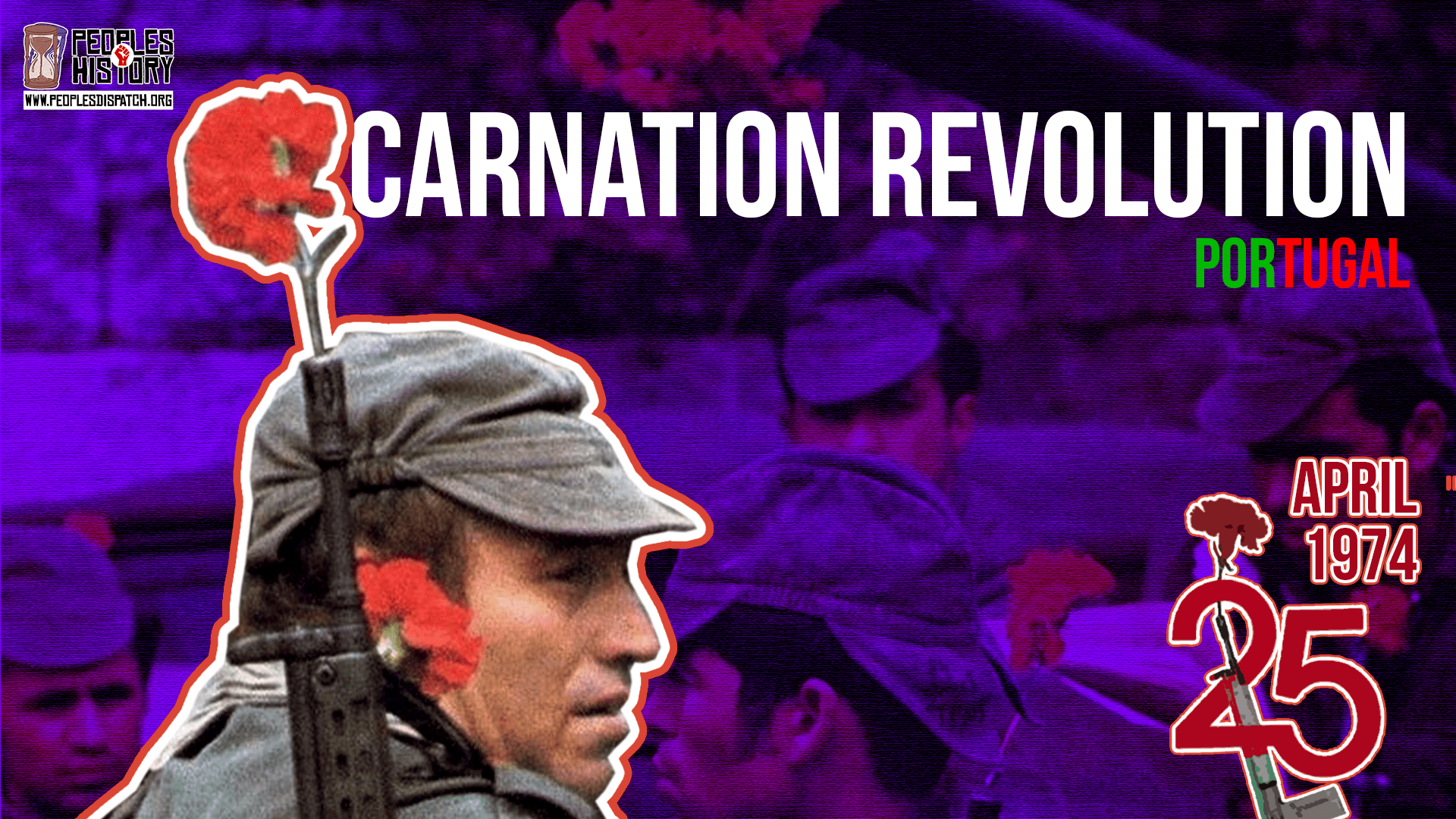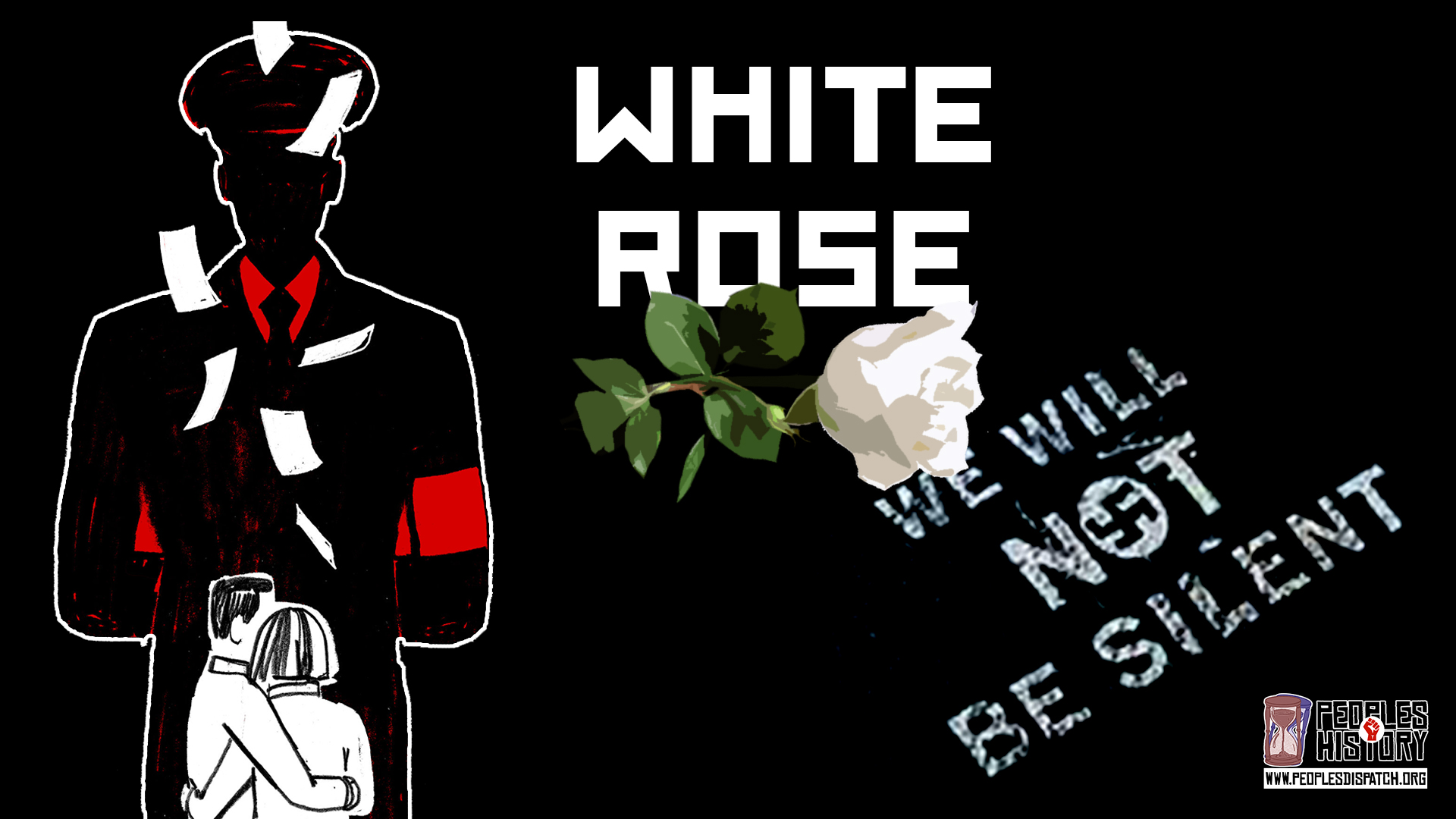 Two decades of criminal invasion in Iraq and its aftermath
Two decades of criminal invasion in Iraq and its aftermath
Since the invasion of their country in 2003, Iraqis have not seen respite from its implications, with occupation, sectarian violence, fanaticism, and corrupt and inefficient governments—sustained by persistent imperialist interventions—marking the last two decades
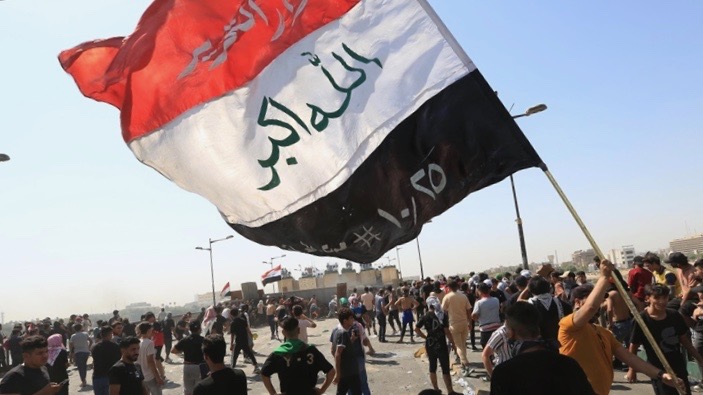 Three years since 2019 protests in Iraq, most demands remain unfulfilled
Three years since 2019 protests in Iraq, most demands remain unfulfilled
Three years after a wave of protests rocked Iraq, not much has changed with respect to the structure of the economy or political system. A new government is finally in place but faces numerous challenges
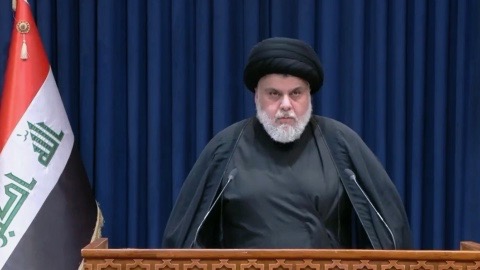 Muqtada al-Sadr demands dissolution of Iraqi parliament, fresh elections
Muqtada al-Sadr demands dissolution of Iraqi parliament, fresh elections
In a speech on August 3, Sadr asked his supporters to continue their sit-in inside the Iraqi parliament building and rejected calls for dialogue issued by Prime Minister Mustafa al-Kadhimi
 Sadrist MPs resign from Iraqi parliament after failing to form majority
Sadrist MPs resign from Iraqi parliament after failing to form majority
Muqtada al-Sadr announced the dissolution of his Saving the Homeland coalition with the Sovereign Alliance (al-Siyada) and the Kurdish Democratic Party (KDP)
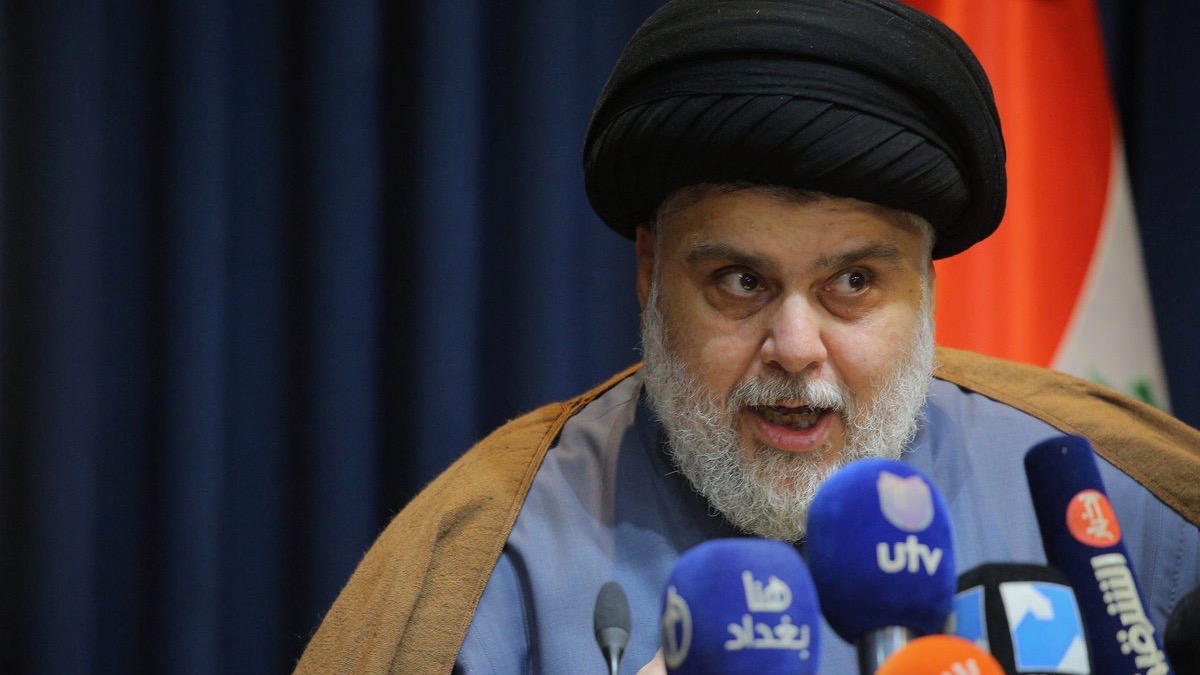 Conflicting approaches delay government formation in Iraq
Conflicting approaches delay government formation in Iraq
Muqtada al-Sadr, who won the maximum number of seats in the October elections, is determined to go against the general practice of a consensus government and wants to form a government based on political majority, claiming that it will establish accountability
 Why are Iraq’s communists boycotting the upcoming parliamentary elections
Why are Iraq’s communists boycotting the upcoming parliamentary elections
The Iraqi Communist Party, which was part of the leading alliance in the last elections in 2018, announced in July that it will not participate in the upcoming national elections in October due to the lack of a conducive political atmosphere
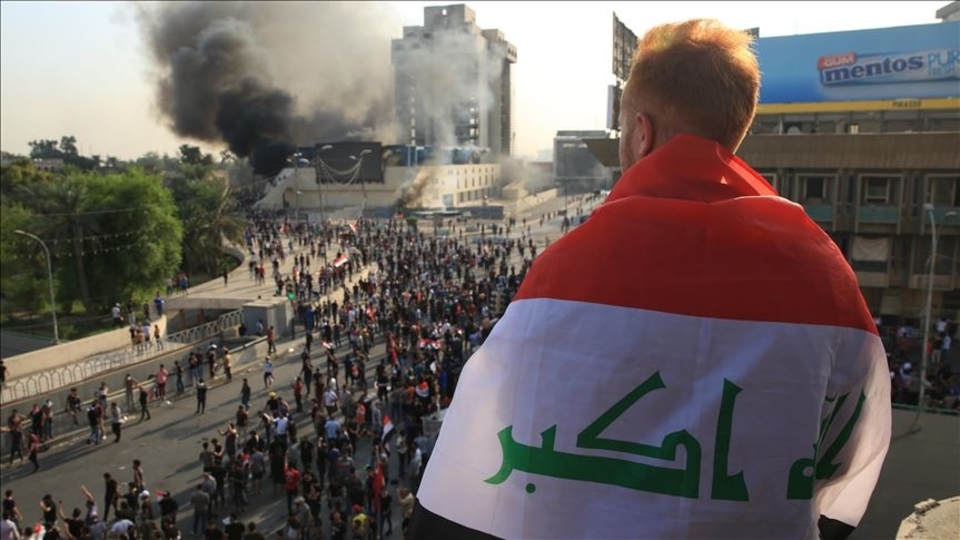 The trajectory of popular protests in Iraq
The trajectory of popular protests in Iraq
The resignation of prime minister Adel Abdul Mahdi after two months of popular protests in Iraq has provided an opportunity to overthrow the political system created under US occupation. However, significant roadblocks remain


